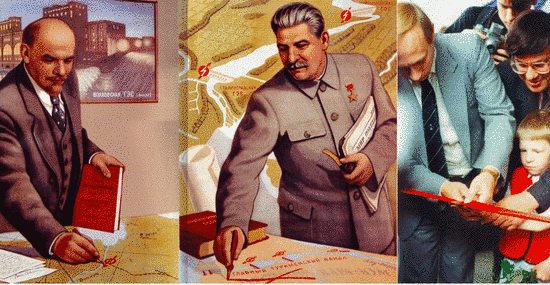
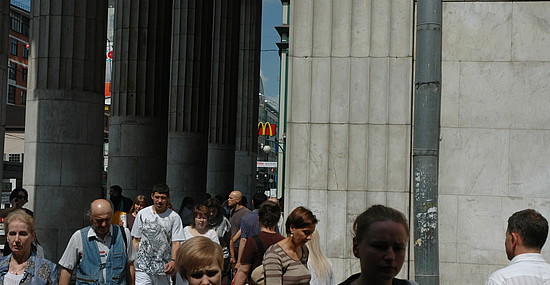
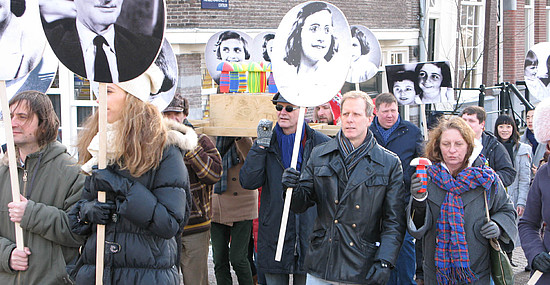
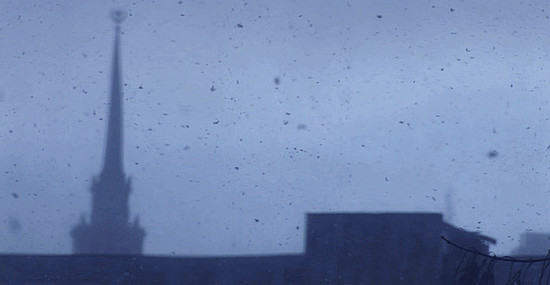
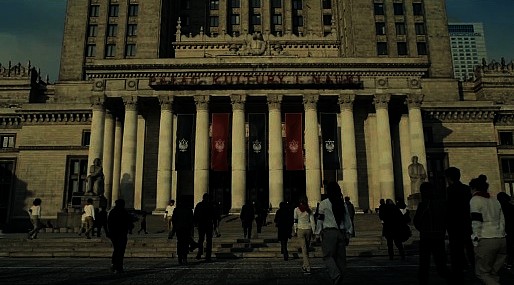
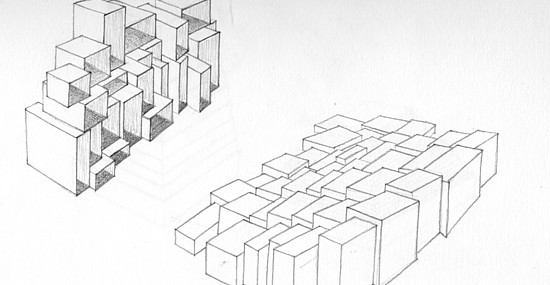
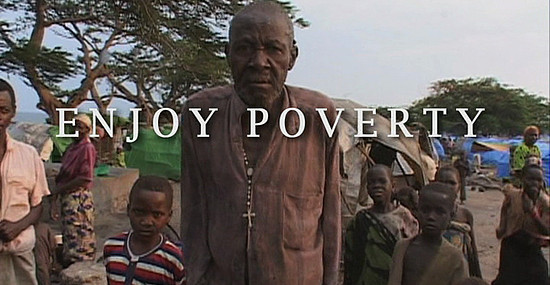
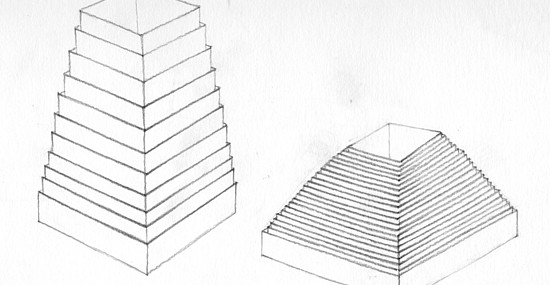
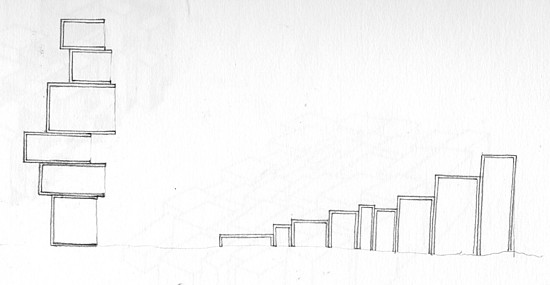

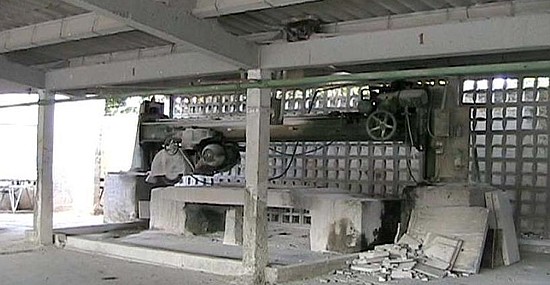
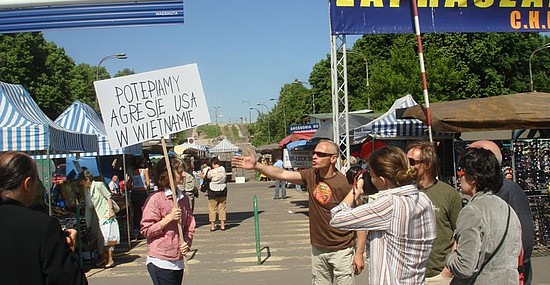
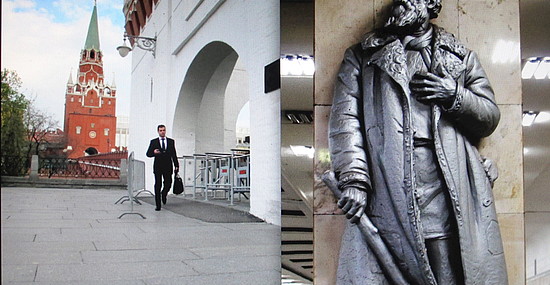
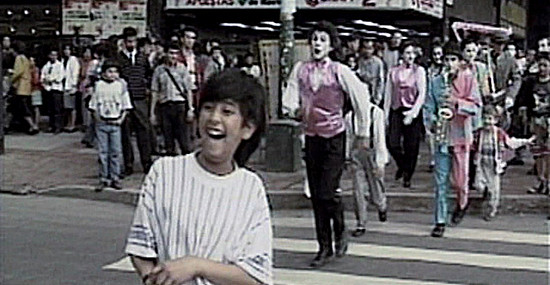
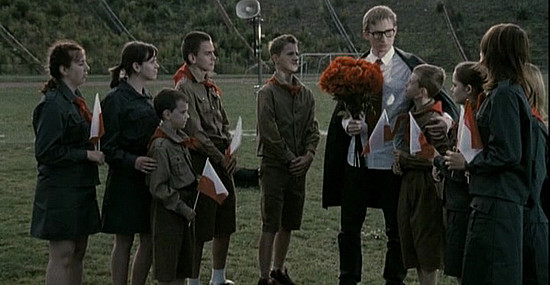
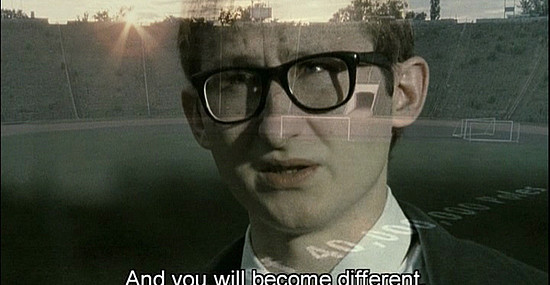
With 14 million inhabitants and 101 billionaires, Moscow is Europe’s biggest city, and perhaps its most contradictory. The blueprint used to rebuild the former capital of the socialist world is brutal.
With 14 million inhabitants and 101 billionaires, Moscow is Europe’s biggest city, and perhaps its most contradictory. The blueprint used to rebuild the former capital of the socialist world is brutal. Fueled by a burgeoning resource economy, the city goes global, with financial and cultural involvement in all the other global capitals, and with massive migration of cheap labor from Central Asia. But at the same time, Moscow refuses to see its problems and its possibilities. It isolates itself from the world to which it belongs, constantly in danger of becoming a provincial megalopolis. The lack of a real public sphere – both in literal, spatial and figurative senses – is part of the problem. The vast open spaces left behind by communism almost never become places for people. Yet despite all the authoritarian governance and the much-lamented absence of politics, people realize that there can be no civil society on the basis of movie theaters, shopping malls, condominiums and fancy cafes alone.